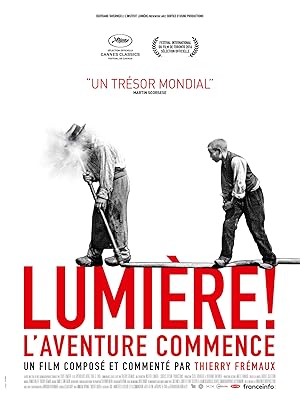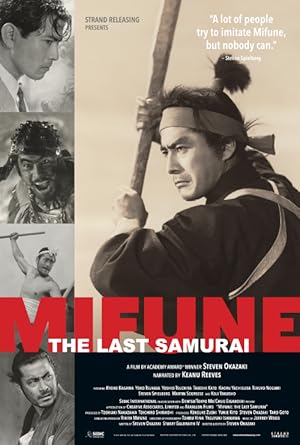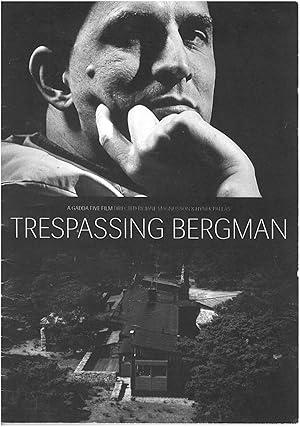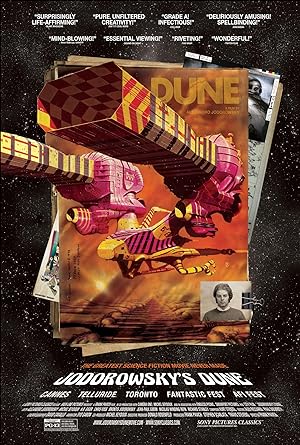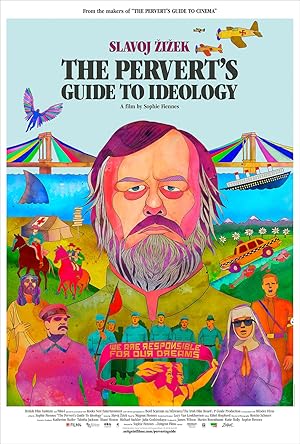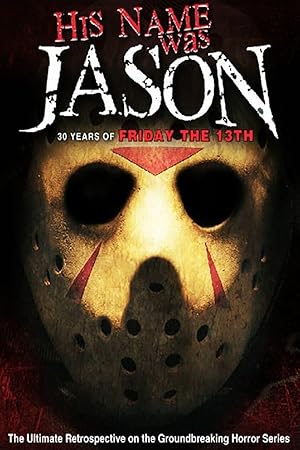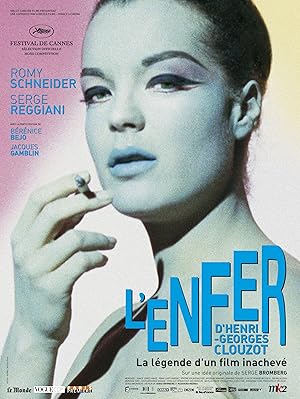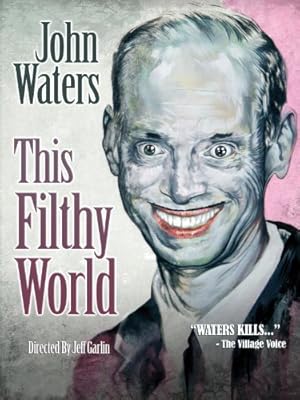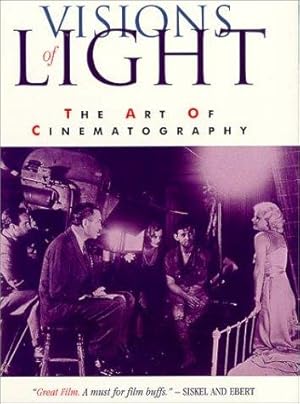Top 100 Cinema History movies
You are now browsing page 2, where we continue to showcase even more compelling content linked to "Cinema History". If you’ve already sampled a few highlights on previous pages, now is the perfect time to delve deeper into this fascinating keyword. Keep exploring and enrich your understanding!
Mifune: The Last Samurai (2016)
0
An account of the life and work of legendary Japanese actor Toshirō Mifune (1920-97), the most prominent actor of the Golden Age of Japanese cinema.
Trespassing Bergman (2013)
0
In the sixties, Swedish filmmaker Ingmar Bergman (1918-2007) built a house on the remote island of Fårö, located in the Baltic Sea, and left Stockholm to live there. When he died, the house was preserved. A group of very special film buffs, came from all over the world, travel to Fårö in search of the genius and his legacy. (An abridged version of Bergman's Video, 2012.)
Jodorowsky's Dune (2013)
0
Shot in France, England, Switzerland and the United States, this documentary covers director Alejandro Jodorowsky (El Topo, Holy Mountain, Santa Sangre) and his 1974 Quixotic attempt to adapt the seminal sci-fi novel Dune into a feature film. After spending 2 years and millions of dollars, the massive undertaking eventually fell apart, but the artists Jodorowsky assembled for the legendary project continued to work together. This group of artists, or his “warriors” as Jodorowsky named them, went on to define modern sci-fi cinema with such films as Alien, Blade Runner, Star Wars and Total Recall.
The Pervert's Guide to Ideology (2012)
1
A journey into the labyrinthine heart of ideology, which shapes and justifies both collective and personal beliefs and practices: with an infectious zeal and voracious appetite for popular culture, Slovenian philosopher and psychoanalyst Slavoj Žižek analyzes several of the most important films in the history of cinema to explain how cinematic narrative helps to reinforce prevailing ethics and political ideas.
His Name Was Jason: 30 Years of Friday the 13th (2010)
0
A retrospective documentary about the groundbreaking horror series, Friday the 13th, featuring interviews with cast and crew from the twelve films spanning 3 decades.
Henri-Georges Clouzot's Inferno (2009)
0
In 1964, Henri-Georges Clouzot's production of L'Enfer came to a halt. Despite huge expectations, major studio backing and an unlimited budget, after three weeks the production collapsed. This documentary presents Inferno's incredible expressionistic original rushes, screen tests, and on-location footage, whilst also reconstructing Clouzot's original vision, and shedding light on the ill-fated endeavor through interviews, dramatizations of unfilmed scenes, and Clouzot's own notes.
This Filthy World (2006)
0
In this filmed version of cult film director John Waters' popular one-man show, the Pink Flamingos and A Dirty Shame director takes the stage to discuss everything from his early influences, fondest career memories, and notorious struggles against the MPAA rating system. Part endearing memoir and part hilarious lecture, This Filthy World touches on everything from the insanity of contemporary pop culture to the director's unforgettable early collaborations with inimitable Pink Flamingos star Divine.
The Pervert's Guide to Cinema (2006)
1
A hilarious introduction, using as examples some of the best films ever made, to some of Slovenian philosopher and psychoanalyst Slavoj Žižek's most exciting ideas on personal subjectivity, fantasy and reality, desire and sexuality.
Visions of Light (1992)
0
Cameramen and women discuss the craft and art of cinematography and of the "DP" (the director of photography), illustrating their points with clips from 100 films, from Birth of a Nation to Do the Right Thing. Themes: the DP tells people where to look; changes in movies (the arrival of sound, color, and wide screens) required creative responses from DPs; and, these artisans constantly invent new equipment and try new things, with wonderful results. The narration takes us through the identifiable studio styles of the 30s, the emergence of noir, the New York look, and the impact of Europeans. Citizen Kane, The Conformist, and Gordon
